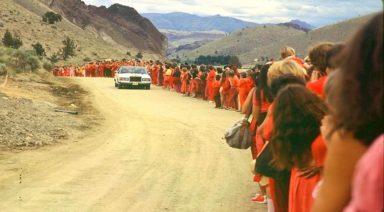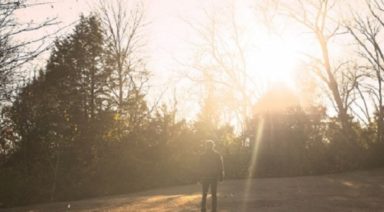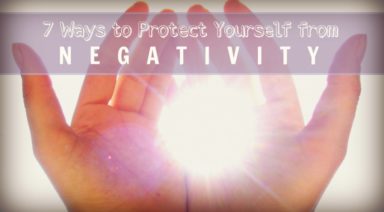An Interview With Renowned Spiritual Thought Leader Caroline Myss
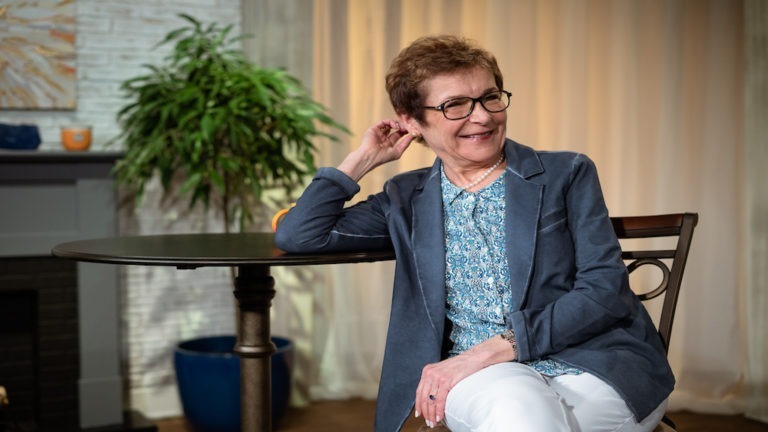
Ever since she released her first New York Times bestseller, Anatomy of the Spirit, Caroline Myss has maintained her role as a pioneer in the fields of spirituality and mysticism. In addition to being a revered author, thought leader, and medical intuitive, Myss regularly travels the world giving lectures and workshops on her tried and true methods for spiritual healing.
Now, after more than two decades and four more bestsellers, she continues this work with a new series on Gaia, as well as her live workshop, Revolutionizing Spirituality at the GaiaSphere event center next month, on the weekend of Aug. 16-18.
Caroline, tell us about your newest book “The Power of Holy Language: Prayer, Guidance and Grace”
“This is a book that examines what holy language is, the power of holy language, and the price we pay for the absence of holy language in our common vocabulary. For example, I once said to an audience ‘How many of you are able to recognize if a friend is in a spiritual crisis?’ How many people are able to even recognize what that is?
We’re accustomed to thinking about a psychological crisis, we say somebody is depressed. But could you recognize an actual spiritual one. We’re not used to thinking in spiritual language anymore at the level at which I’m speaking about. This book examines what holy language is and the power of it. Then it’s filled with prayer, guidance, and grace.”
And your new show Sacred Power recently launched on Gaia — what is it you want people to take away from this show?
“I think I want people to gain a new perspective on the nature of how we understand our power, how we understand the power of our soul, how we approach healing, and how we understand archetypes. I’ve done 12 episodes and each one is a mini-sample of the whole of my life’s work, actually.
But, I think the core word is power. So, it’s a journey into understanding the nature of our power, from multiple different views.”
What was it like shooting the show in front of just a camera, compared to a live audience?
(Laughs) I had a blast, I have to tell you the staff is wonderful, they were so helpful, especially with someone like me who is a luddite and I’m uncomfortable in front of the camera and I don’t know what I’m doing, so it was great, but it was nerve-racking.
But for me, I love a live audience, I thrive on a live audience — it’s electric for me, so when I had to speak to a camera I thought, who am I talking to? So that was hard for me to adjust to.
And then you’re giving a live workshop here at GaiaSphere called Revolutionizing Spirituality, August 16-18. What is your vision for that weekend experience?
“I’m now doing a great deal on prayer; that’s become a major part of my teaching. It’s become a part of my calling and so a great deal of that weekend will be focused on what is required for health and healing, but also ‘what is God?’
I’ve noticed in these years of helping people as a medical intuitive, but also as a teacher that often times people assume that the depression they have is clinical, when in fact it’s a spiritual crisis, and if they understood that it would be treated very differently. So, I’m going to go into that. Then I’m going to present a very different understanding of where I think spirituality is going as a whole, which is into a bio-ecological-spiritual model. Then spiritual direction, why we need that. And finally, I will go into holy language.
Is there a religious connotation with prayer?
“As I’m very clear in my book and certainly in my lectures, I think religion is the politics of God and in many ways we are experiencing the end of an era of religions. Which is why I talk about the beginning of bio-ecological-spirituality — a spirituality that reflects our biology and ecology that is very much like the nature of God.”
In a blog post you recently talked about “divine entitlements” what are divine entitlements and how do we work to consciously overcome them?
“Entitlements are what gets you in a lot of trouble in your life. Entitlements are the cause of a great deal of your suffering. If we were here in a workshop, this is what I’d have you do, I’d have you write out your book; a book of how to get to know you and what you think you are absolutely entitled to because you’re you. Like I’m entitled to my own space. I’m entitled to respect. From whom? Does everybody in the world know you deserve respect?
I’m entitled to happiness — well where’s that suppose to come from? Are you supposed to be delivered happiness? I’m entitled to health. Nobody is entitled to health. But if you have this in your mind, you’ve built your life around that and what people don’t get is that entitlements presume that there are people out there whose role it is to deliver those entitlements to you. Where are they? Where are these people? So entitlements are a real burden if you carry this sense of ‘I’m entitled to something.’”
Well, we look forward to the release of your new series Sacred Power and can’t wait to have you here at the GaiaSphere for your workshop Revolutionizing Spirituality.
“I hope people love Sacred Power as much as I loved creating it with everybody at Gaia. I’m so touched by everything people contributed to it there, it warms my heart. And I’m looking forward to coming out in August for the workshop.”
See Caroline Myss Live at our new GaiaSphere Event Center!
Can’t Make it to Caroline’s Event? Sign up for our Live-access Package and stream every event from your living room!
Toxic Guru Relationships: Osho and the Rajneeshees
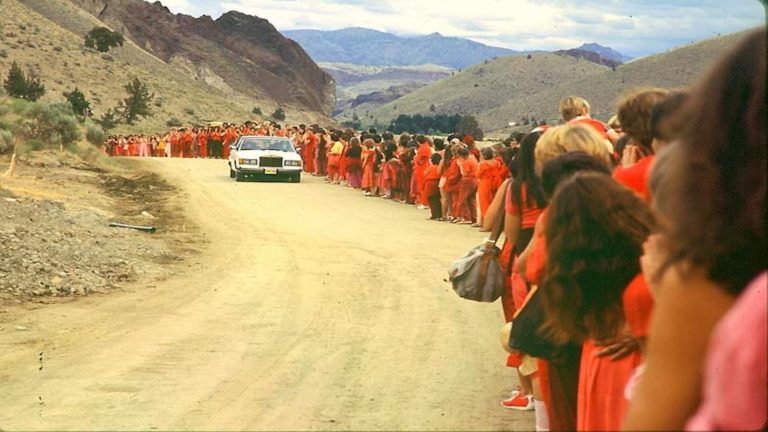
While many agree that Jesus, Buddha, and Guanyin (among others) are enlightened and eternal light-beings, it’s a bit difficult to experience them in three dimensions, let alone receive a hug from them. It might be said that for those who cannot see their internal-masters in a living, breathing human being are missing out on something special.
The moment someone calls themselves a spiritual master, all the beings in all the realms perk up and get to work. These etheric forces will test potential spiritual masters, not to bring them down, instead, to prepare them for the paths of service they declare.
The universe continually seeks ways to infuse the eternal nature of consciousness into human beings. It loves to assist in the births of powerful spiritual avatars. This tendency is one of the most beneficial wonders of this world. Because of it, there’s always an abundance of living spiritual gurus, masters, and sages.
Avatars take births to teach us about love and consciousness, and to challenge our attachment to the physical universe so that we can know the world within us. Much to our collective chagrin, authentic spiritual gurus generally do not seek to validate our financial and physical realities, or reinforce society’s oppressive constructs and rules, although some of them do.
There are some who might judge and condemn today’s living gurus and their disciples, noting that this world is not holy enough to birth a living saint. These naysayers doubt many gurus’ divinity, teachings, and methods. Some protest, picket, and write books about how horrible one guru or God is versus another. These folks probably have similar doubts about themselves.
While discipleship can be a profound and liberating experience, it comes with challenges. A guru will help her followers reduce their attachment to their egos and minds, but she also peels away our layers of illusion and delusion, which, while freeing, can be painful. Being a disciple of a guru is not for the spiritually timid.
This process of devoting oneself to a guru can also be frightening and life-shattering because it has the potential to disrupt the false identities and lives we’ve built. Upon the guru’s glance, our egos might also become inflamed, causing us to think that we are the All and Powerful Oz. Egos don’t always dissolve without a fight.
From the outside, a community centered around a spiritual guru can appear quite insane. Why wouldn’t it? Most people living in traditional society are climbing ladders, pursuing goals, and conquering a temporal world. It’s difficult to defend the eternal against the emanations of the physical, especially to people who have no frame of reference for alternative spirituality, and no interest in change.


